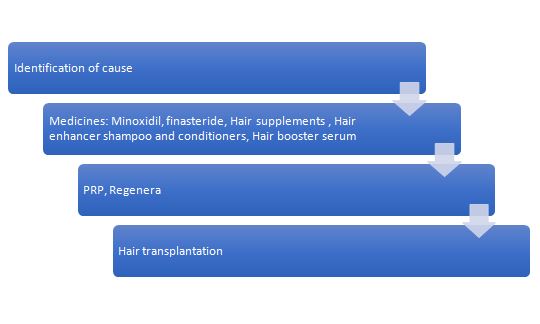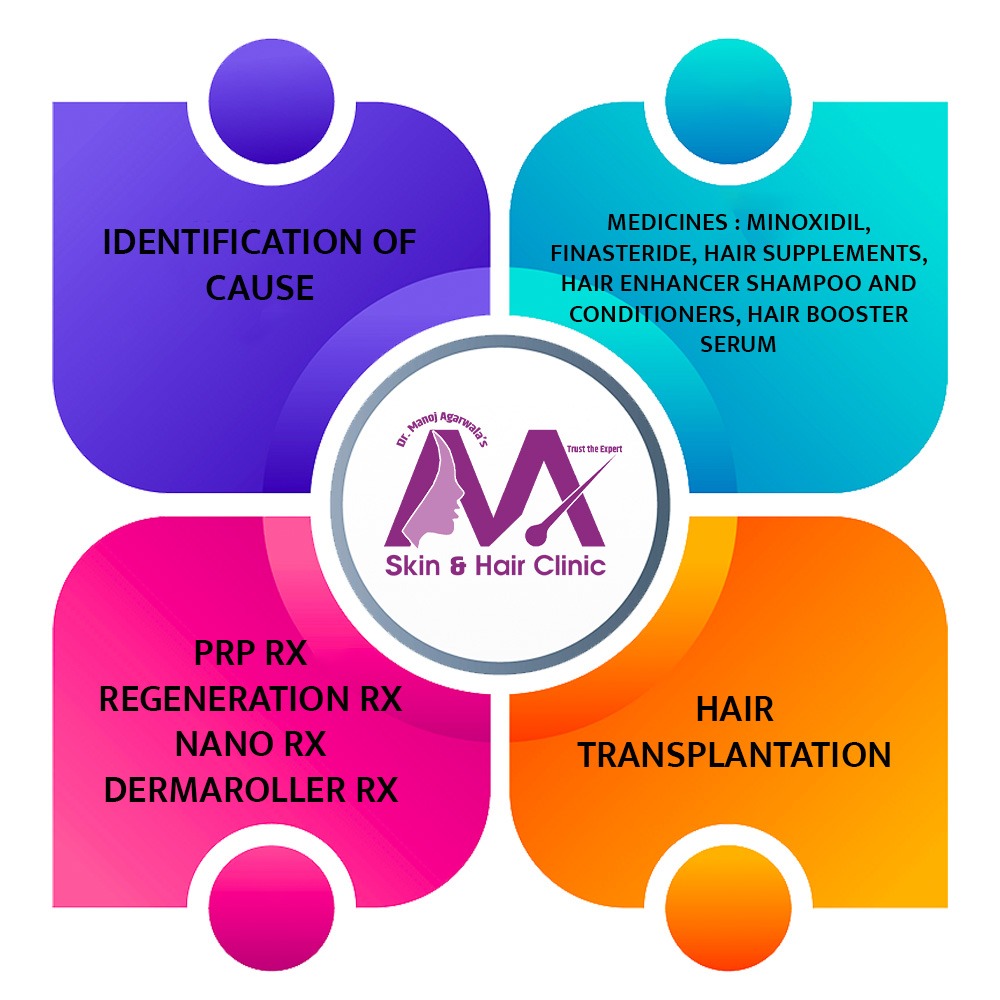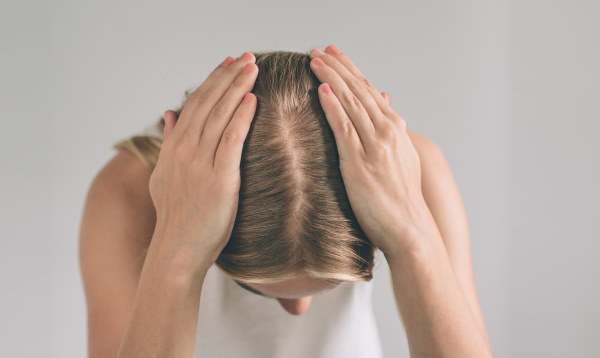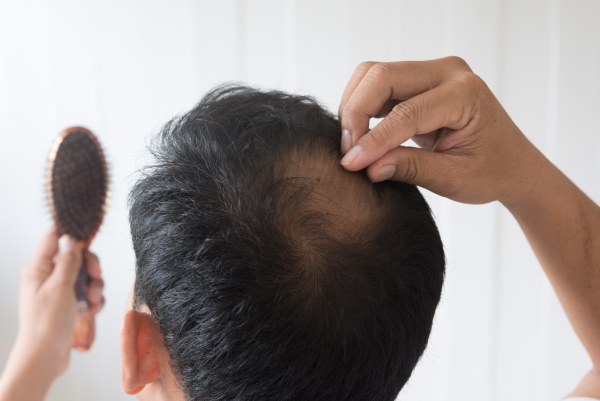

Hair care is a daily ritual shaped by age, gender, socioeconomic status and internal health. It is associated with youthfulness and attractiveness in women and masculinity in men; so it’s no surprise that hair loss can make many men and women feel self-conscious.
Normally, we all lose 50-70 strands of hair every day. If it is more than 100 strands per day, then it is a significant loss of hair and a medical consultation at M A Skin & Hair Superspeciality Clinic is recommended.
Hair loss may be due to a number of factors, including genetics, age, poor nutrition and certain medical conditions or treatments. In cases where you have more than one contributing factor, the cumulative effect can be more severe hair loss.
Common types of hair loss are-
The most common cause of hair loss in both men and women is androgenetic alopecia, meaning it is hereditary. When men have hereditary hair loss, a receding hairline is seen along with bald patches, especially on the top of the head. Women, on the other hand, experience thinning of hair. The first sign of hair loss in women is widening of hair partition.
It is an autoimmune disease, which means our body produces certain substances which attack our own hair. This results in round patches of hair loss on the scalp and, other hair-bearing areas of the body. Sometimes nail changes also can be seen in this type of hair loss.
It is the destruction of the hair follicle (the root of the hair) resulting in the formation of scar tissue. The hair cannot grow from those scarred hair follicles. In special cases once the disease is under control by medications, hair transplantation can be attempted with good results.
Medical conditions like thyroid disease and anaemia cause hair loss. By treating the problem, hair loss can often be stopped or reversed. Illnesses like a major surgery, high fever, severe infection, or even the flu can cause hair loss. Various cancer treatments like radiation therapy and chemotherapy can cause hair loss.
Trichotillomania is a psychiatry problem where one pulls out his or her own hair.
Hair loss can occur in hormonal imbalance, stress, after giving birth and menopause.
Dieting and poor nutrition are also the most common causes of hair loss.
Protein and iron deficiency can cause hair loss, and sometimes excess intake of Vitamin A can also lead to hair loss.
Certain medicines used in the treatment of medical conditions like anti-hypertensives, blood thinners, and birth control pills, etc. can also cause hair loss.
Yes, bleaching, dyes, gels, and hair sprays can damage hair as they tend to break the hair and also frequent use of a blow dryer damages hair. The heat from a blow dryer can evaporate the water in the hair shaft leaving hair brittle and prone to breakage. Hairpins, clips, and rubber bands which are used to hold hair tightly can break hair. This type of hair loss is commonly known as Traction alopecia.
Even though, the bulk of our hair loss patients suffer from androgenetic hair loss or pattern balding, we make it a point to look for any additional causes/ overlap of other diseases, in every single person, who approaches us for help with hair loss.
We commonly use a trichoscopy where you will see a magnified view of your hair and scalp on a full-size screen, to help us diagnose the condition, but when required, we may proceed to a do a biopsy as well. Again, since micro-nutrient deficiencies do play a role, more so in women, we advise blood tests*, whenever required. The analysis helps determine how much hair you have lost and which of our proven, customizable solutions is right for your specific needs.



